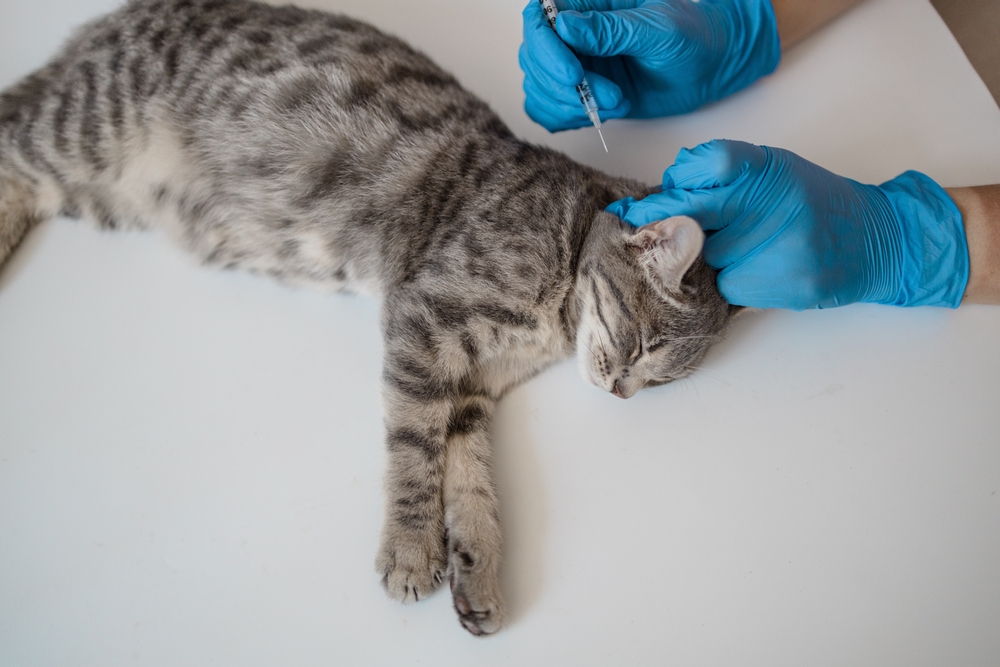
Understanding Pet Cancer and Treatment Options
Recognizing Common Types of Cancer in Pets
Lymphoma:
A cancer of the lymph nodes and immune system, lymphoma is most common in dogs but can also affect cats. Symptoms include swollen lymph nodes, weight loss, and lethargy.Mast Cell Tumors:
Often found on the skin of dogs, these tumors can vary in severity, from benign lumps to malignant, aggressive growths.Osteosarcoma:
This bone cancer primarily affects large-breed dogs and can lead to limping, swelling, and pain in the affected limb.Hemangiosarcoma:
Hemangiosarcoma is an aggressive cancer of the blood vessels, commonly affecting the spleen or heart in dogs. It is often silent in early stages and may only be detected when it has reached more advanced stages.Mammary Tumors:
Female pets, particularly those who haven’t been spayed, may be at higher risk of developing mammary tumors, which can range from benign to malignant.Oral Tumors:
Cancers like melanoma or squamous cell carcinoma in the mouth can affect a pet’s ability to eat, cause bad breath, and lead to oral bleeding.Treatment Options for Pet Cancer
At Compassion Animal Hospital, we offer a range of treatment options tailored to each pet’s unique needs, the type of cancer, and their overall health. Some common treatments include:
Surgical Removal: When feasible, surgery is often the first choice to remove tumors. Our veterinary team uses the latest techniques to ensure the best possible outcome while preserving healthy tissue.
Chemotherapy: While chemotherapy is often associated with significant side effects in humans, pets typically experience milder symptoms. This treatment can be highly effective in improving quality of life and extending it.
Radiation Therapy: Radiation is commonly used for cancers located in areas that are difficult to treat with surgery alone. It’s often combined with other therapies to maximize effectiveness.
Immunotherapy: A newer and promising treatment, immunotherapy harnesses the body’s immune system to attack cancer cells, offering a more targeted approach to treatment.
Palliative Care: For pets with advanced cancer, palliative care focuses on comfort, managing pain, and improving quality of life during the pet’s remaining time.

The Importance of Early Detection
Schedule a Cancer Screening at Compassion Animal Hospital in Woodland Park, CO







